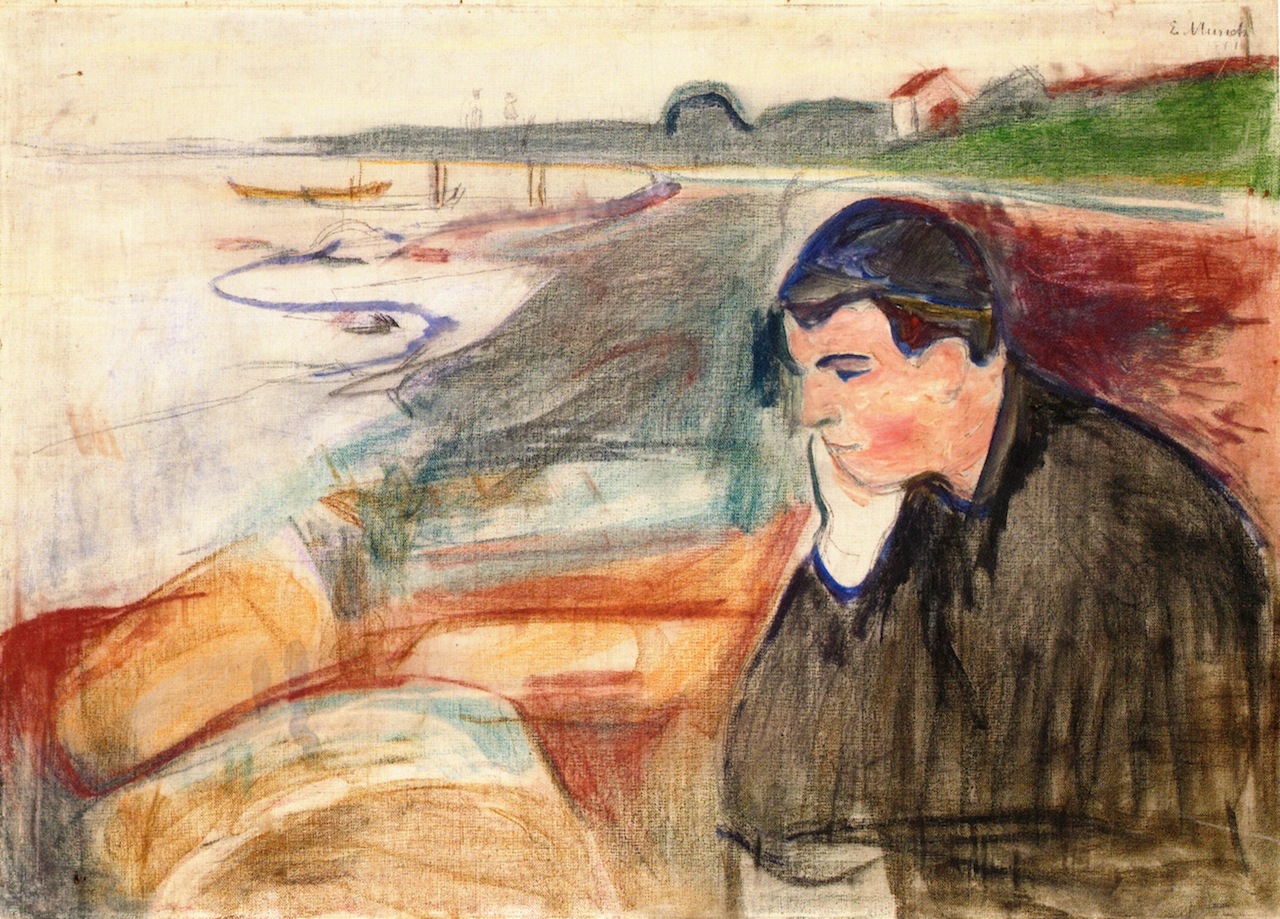Sign up for The Media Today, CJR’s daily newsletter.
Let’s put aside content for the moment, and talk about form.
In the past week, at least five pieces of journalism have been published as residue of the #MeToo movement. There were three with men’s accounts (John Hockenberry, a former Takeaway host, in Harper’s; Jian Ghomeshi, a former CBC host, in The New York Review of Books; and Ian Buruma, the editor of the New York Review, interviewed by Slate on the decision to publish Ghomeshi.) There were two stories with women’s accounts (Christine Blasey Ford, the woman who accused Brett Kavanaugh, a Supreme Court nominee, of attempting to sexually assualt her in high school, and Soon Yi, speaking about allegations against Woody Allen, her husband).
Over the past year of #MeToo revelations, first-person accounts by women have been mostly filtered through reporting, particularly in the case of accusations against Harvey Weinstein, gathered through the efforts of journalists awarded Pulitzer Prizes. The same is true now, yet men’s credibility rests on their own words. There are plenty of reasons why women’s accounts have been propped up by third-person investigation: Quoting women in the course of a fact-checked piece lends them authority, the reputational protection of a publication, and the legal protection of an institution. In contrast, the men writing their testimonials don’t worry about sullying their accusers’ reputations—theirs is the language of narrative control.
But as women’s accounts are wrapped, gently, with cotton batting, the men’s roll like boulders through public discourse. The confessional form—a rhetorical style used to give the appearance of divulging, even, sometimes, in the absence of depth—as adopted by Ghomeshi and Hockenberry (and enabled by Buruma), is intended to contradict the reported confessions of women. These male voices, ubiquitous on the radio for many years, have automatic credibility; they assert their power in coolheaded apologies that imply honesty on the basis of assumed authority.
ICYMI: The devil’s bargain in Bob Woodward’s Fear
Women are believed when they go on the record, potentially sacrificing their own career goals; they are believed when their words are dissected and fact-checked and tentatively quoted. Men are believed when they render an argument with the trappings of a heartfelt confession. Each man, in this week’s set, calls out the legal system in their defense, not understanding that the power of a male voice in America’s legal system is what got us here in the first place. “Several months later, after a very public trial, I was cleared on all counts,” Ghomeshi writes. “I have never been accused of anything that, in my view, could be construed as criminal or coercive,” Hockenberry writes. “I don’t know if what all these women are saying is true,” Buruma says, not realizing that he’s already taken a side. Feminism has always called into question the premise of “he said, she said.” This effort has not yet succeeded.
The credibility granted to male voices seems, in these essays, to have extended to the editing process, allowing Hockenberry to veer into a critique of modern romance, and Ghomeshi to ask for congratulations for not picking a woman up—a feat of self restraint. Better, reported versions of their accounts would have taken up these moments of self-pity to examine the state of masculinity today—rather than reinforce ahistorical views of courtship and fame, respectively. “Who cares what I think? Possibly no one,” Hockenberry writes in a revealing moment, showing for once the driving force of male insecurity. Hockenberry is granted column space for vagueness at the expense of women’s specific grievances. “The inchoate anger of #MeToo was suddenly given license to target me,” he writes. “Given license by whom?” I might have commented, had I been editing his piece, hoping that a grammatical examination would spark a deeper understanding. Who or what is the mysterious force giving license to anger? Perhaps I would have suggested a rewrite: “The #MeToo movement has given women I treated poorly the license and support to speak up.”
And then there’s the piece on Soon Yi, the alleged victim and confirmed wife of Woody Allen, in New York Magazine’s Vulture. A feat of access journalism by Daphne Merkin, a close friend of Allen’s, the piece is punctuated by descriptions of the objects from a marriage; old, stylish photographs; and Allen’s words—a defense of men is permitted to be stylish. “All of life is filled with competing narratives,” Merkin writes.
What about the narrative of Christine Blasey Ford? Ignored, at first, by The Washington Post and by Senator Dianne Feinstein, she wrote a letter accusing Kavanaugh of sexual assault. It is not a style piece, nor anything as verbose as the media men who have now found themselves literary. (But she does seem a superior writer.) “Kavanaugh physically pushed me into a bedroom as I was headed for the bathroom up a short stair well from the living room,” she recalls, with an even hand. No notes about pewter jugs, or the quality of furniture at the party. “I feared he may inadvertently kill me.”
The confession, when made by men showing a sensitive side, is a literary device to display a newly whole, unified character who is stronger thanks to introspection. Women, however, have the reverse experience: to ensure that their accounts are bulletproof, they are quoted, rather than given space to describe their experience in their own words. Their abuse is not entitled to be literary, only their abusers.
ICYMI: Ten years after the financial crisis, business journalism awaits its reckoning
Has America ever needed a media defender more than now? Help us by joining CJR today.



